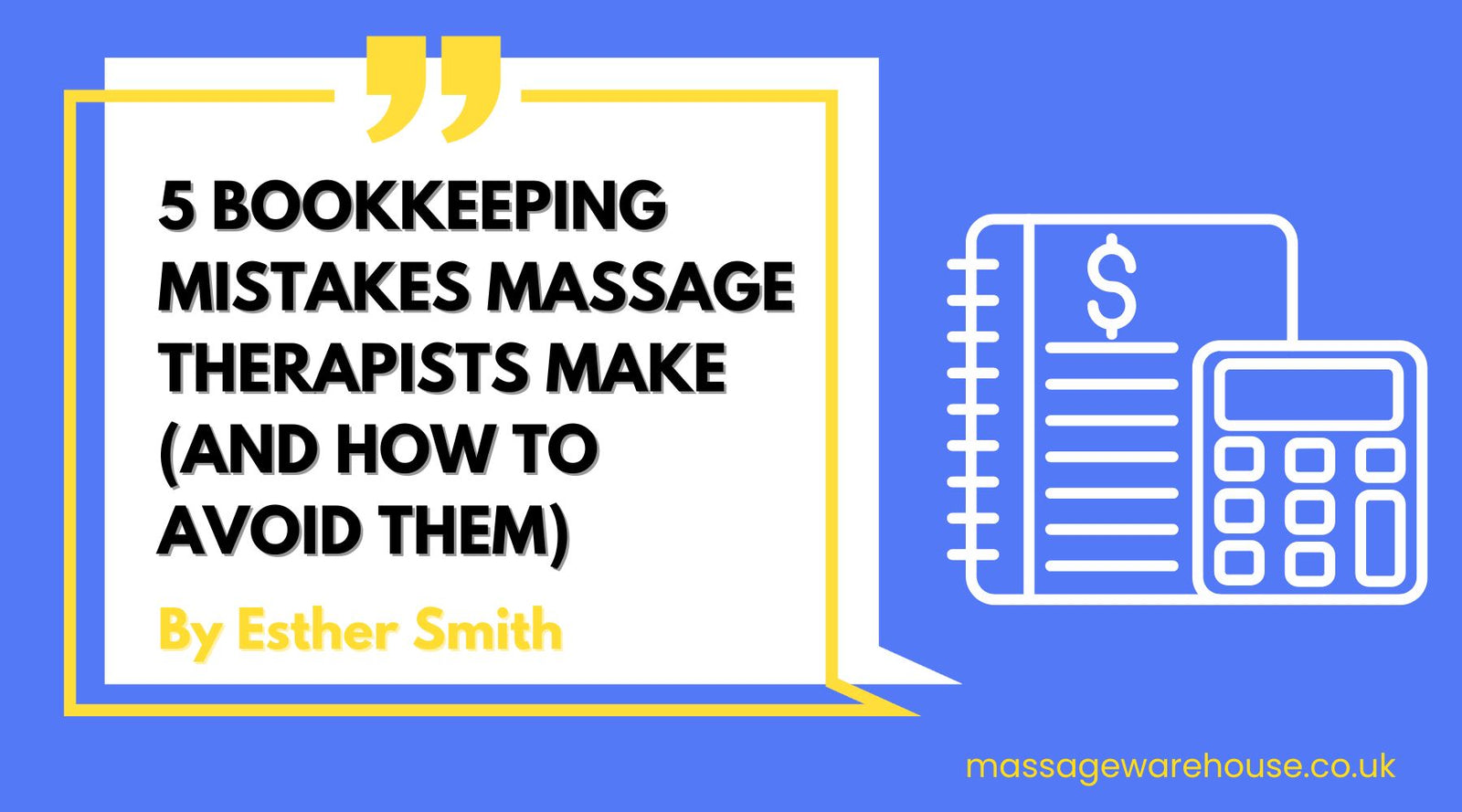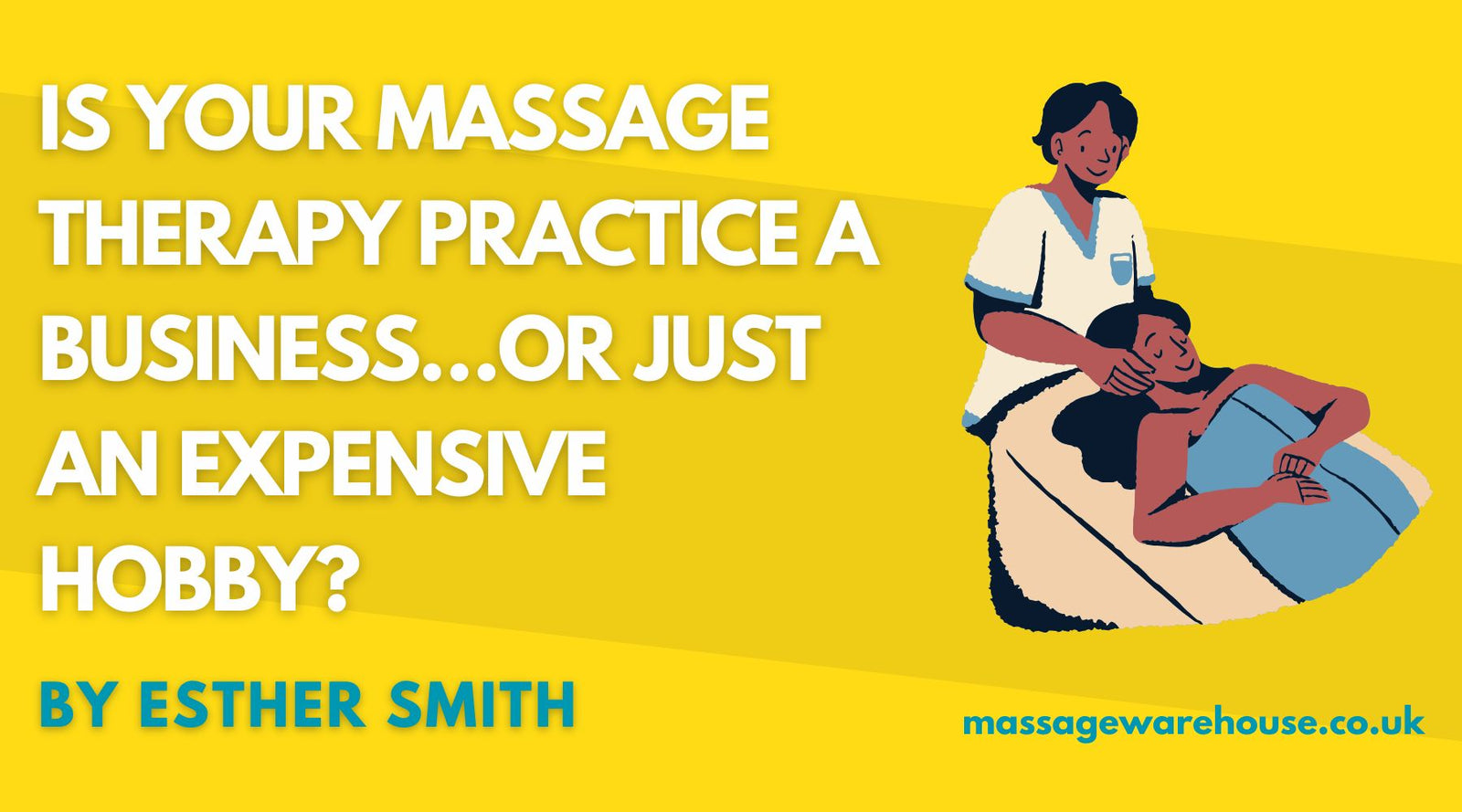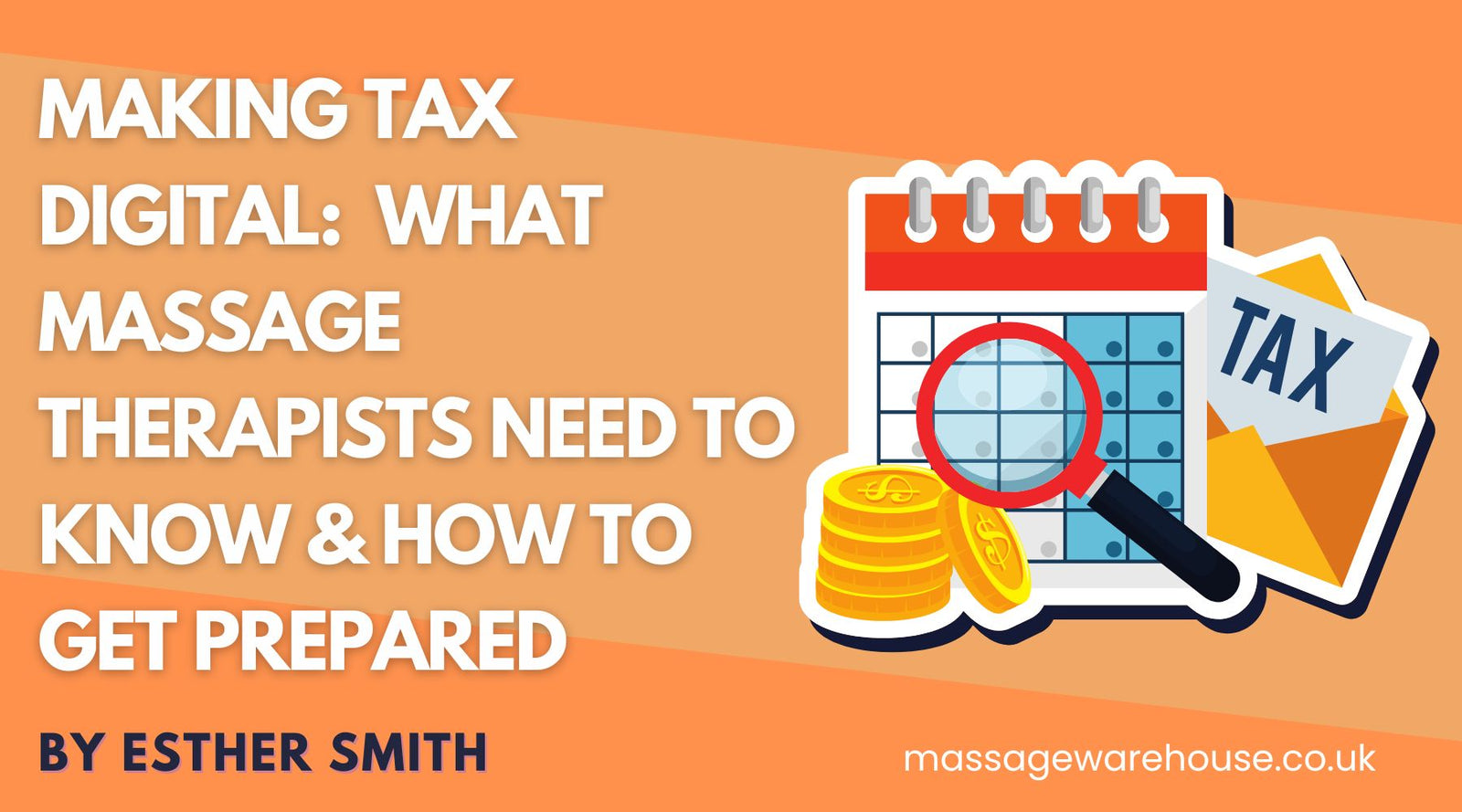Your Cart is Empty
I am happy with the quality of the gua sha, and the delivery was quick without any issues.
Switch up your clients massage with warming oil. Game changer!
Love love love these! Brought the non brushed set, and have now invested in these. They are so soft and luxurious. Will definitely be buying more! Thanks Massage Warehouse!! :)
The premium couch roll is a must for me! So simple and easy to use when out and about. Keeps my couch nice and clean too. It seems to be a bit thicker than most rolls which is a big positive. Would definitely recommend for all sports massage therapists!
Would also like to point out the ease and speed of delivery from massage warehouse! Definitely my go to guys for all my massage supplies!
I had seen it mentioned on the Facebook page, Massage Therapists Stronger Together. My massage couch only has a face hole and there are times a face cushion is needed. The face cushion I normally use is a little too firm and tends to spread a part, so I decided to purchase the Face Plus cushion. So far I have not been disappointed, the outer layer is super soft and the padding is great. I have used it myself and found it much better for size and comfort around the whole face. My clients have liked it too, so far so good. The cotton covers I have are to small for it but that is not a problem, it is easy to clean and I have used with and without disposable draped covers. Overall, I am glad I purchased it.











